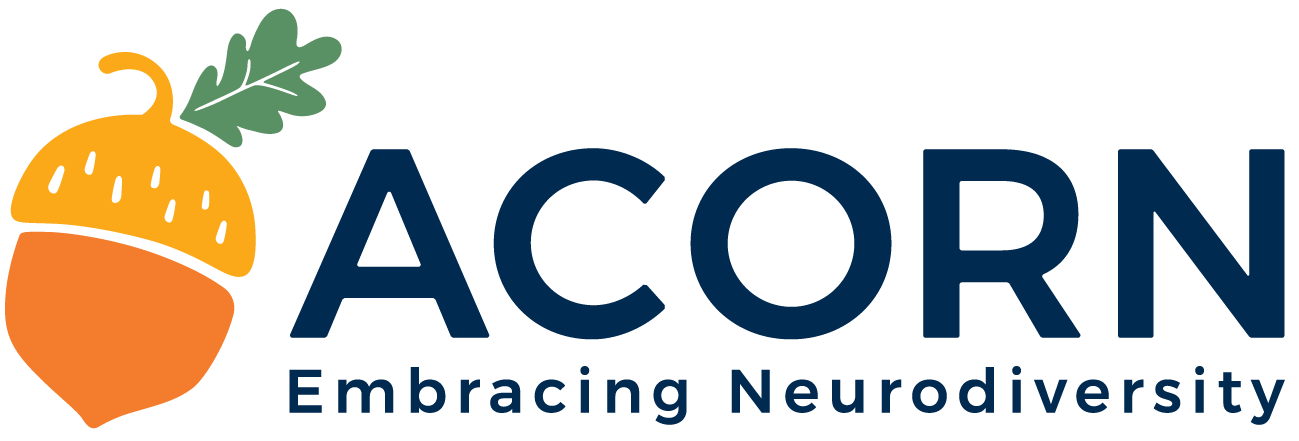Acorn Parent Advisory Group, Action Plan for the new Minister of Education
Here’s our action plan for joining up the health, disability and education systems for our neurodiverse children under a National government:
Early identification of autism and learning differences
Screening tools should be used by Plunket, GPs, early childhood centres and schools to identify children with developmental differences or learning differences.
Clear pathway to assessment and diagnosis
Currently, GPs act as gatekeepers. There is a 1.9 year gap from a family’s first enquiry to actually starting assessment. Each region has a different system and there are not enough qualified assessment teams.
Publicly funded early intervention therapy services so that our children can learn the skills required to reach their potential.
In the current system, upon receiving a diagnosis, families are sent on their way with recommendations for behavioural therapy, speech therapy, occupational therapy, etc, yet these services are not funded. International research repeatedly demonstrates the economic benefits to countries that invest in intensive early intervention. A study in the Netherlands and another in Australia have shown that $100,000 invested in a child between the ages of 2-5 saves over $1,000,000 over that child’s adulthood. The spill-over benefits to society from early intervention include reduced economic burden through a decreased need for special education and long-term residential care, decreased involvement with the justice system and increased resilience and well-being in families.
A funding model in education that supports a continuum of services and needs, not just two categories
Ongoing Resource Scheme (ORS) or nothing. 11% of children under the age of 14 have a disability, yet only 1.2% receive ongoing funded support in their education. The burden falls on individual schools to scrounge for funding for teacher aides and resources which is a disincentive for schools to be inclusive. Supporting our neurodiverse students, supports all students.
A support system which is responsive to the needs of families and enables choice.
Too often we are limited by the barriers between Ministries. Each Ministry becomes a silo rather than working across health, education and disability to create a seamless support network. As one parent noted, “I have a small amount of funding from the Ministry of Health which might be enough to fund another hour of teacher aide time to enable my child to attend school another hour a week, but I’m not allowed to use it for that. It can only be used for a carer to take my child to McDonald’s after school. This doesn’t help me or my child.”
Implement the Learning Support Action Plan and the 3rd edition Autism Guidelines for children, both of which recommend flexible support and access to specialists.
Implementation will reduce costs to the state in the long term by reducing the need for special education, welfare, long-term residential care and involvement in the justice system. A strategy that joins up Ministries and looks at long-term costs/benefits across the lifetime of neurodiverse and disabled people will serve all New Zealanders more equitably.
